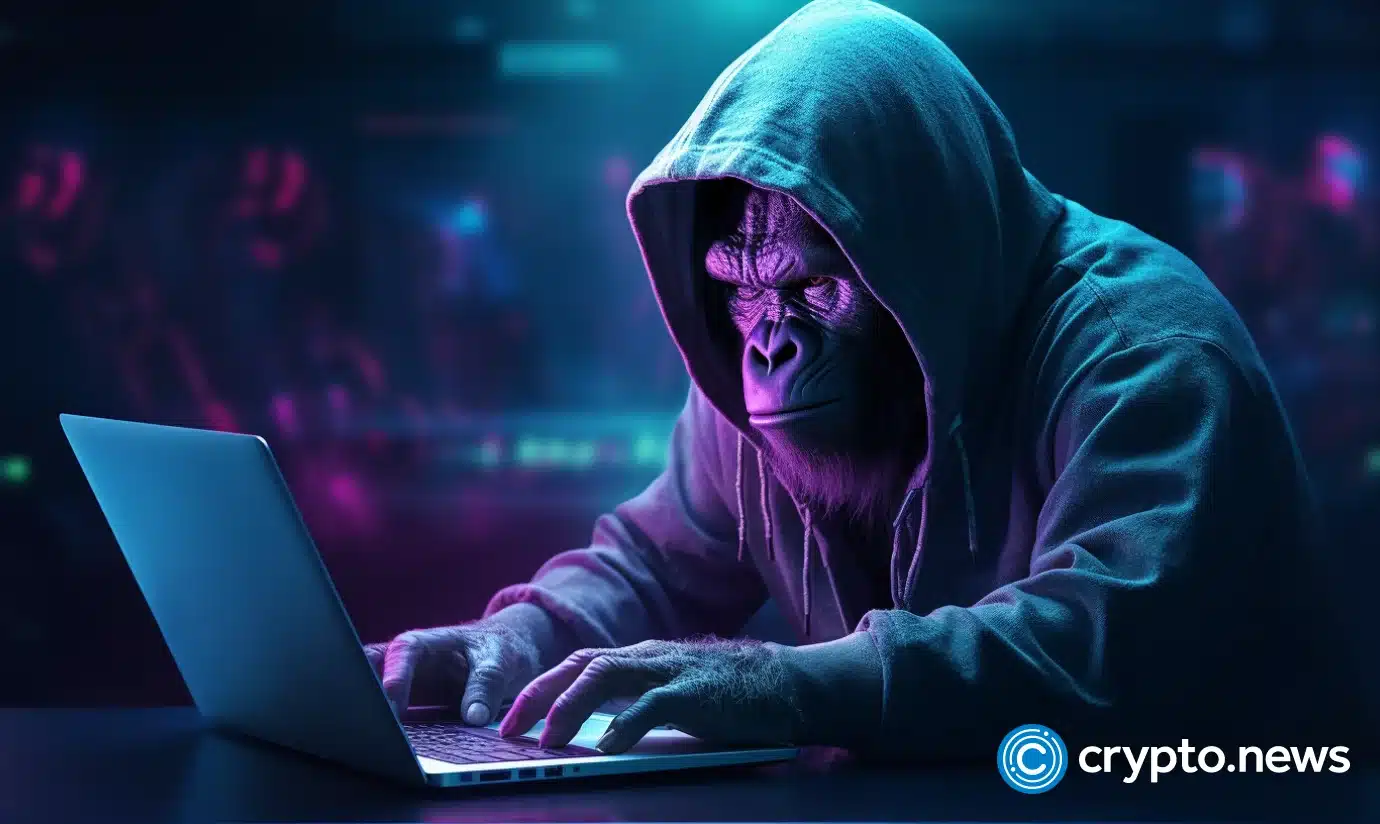
Artists Ryder Ripps and Jeremy Cahen faced a setback in their legal battle against Yuga Labs, the creators of Bored Ape Yacht Club (BAYC).
A recent court filing dismissed their counterclaims in the ongoing copyright lawsuit.
A Feb. 2 decision mandates Ripps and Cahen pay nearly $9 million in damages, including legal and expert witness fees, alongside disgorgement.
The controversy began in May 2022 when Ripps and Cahen launched an unauthorized collection dubbed Ryder Ripps BAYC (RR/BAYC), clearly playing on the notoriety of the original BAYC non-fungible tokens (NFTs). The move sparked a legal battle with Yuga Labs, which accused the pair of copyright infringement.
A judge’s ruling last April favored Yuga Labs, awarding the company $1.57 million in damages from Ripps and Cahen for their infringement activities. The judgment was thought to have concluded the legal dispute.
Yet, the latest court order not only dismisses the duo’s counterclaims but also significantly increases the financial penalties against them.
The court’s order details that Ripps and Cahen must also destroy any RR/BAYC NFTs in their possession or hand them over to Yuga Labs for destruction.
This directive extends to the obliteration of all related infringing materials, including articles, software, promotional items, and advertisements bearing any BAYC trademark.
Furthermore, the artists are required to transfer all social media accounts and the smart contract associated with the RR/BAYC NFTs to Yuga Labs, effectively ceasing their involvement with the unauthorized collection.
Following the court’s decision, Cahen — known online as Pauly0x — expressed the pair’s intention to appeal the ruling at the Ninth Circuit Court of California. Their counterclaims, which included allegations of intentional and negligent infliction of emotional distress, as well as a plea for a declaratory judgment of no defamation, were all dismissed in this recent court filing.
This case has highlighted the legal challenges and ramifications involved in the creation and distribution of NFTs, especially those that infringe upon existing copyrights.
The outcome serves as a cautionary tale for artists and developers in the digital art space, underlining the importance of respecting intellectual property rights.
